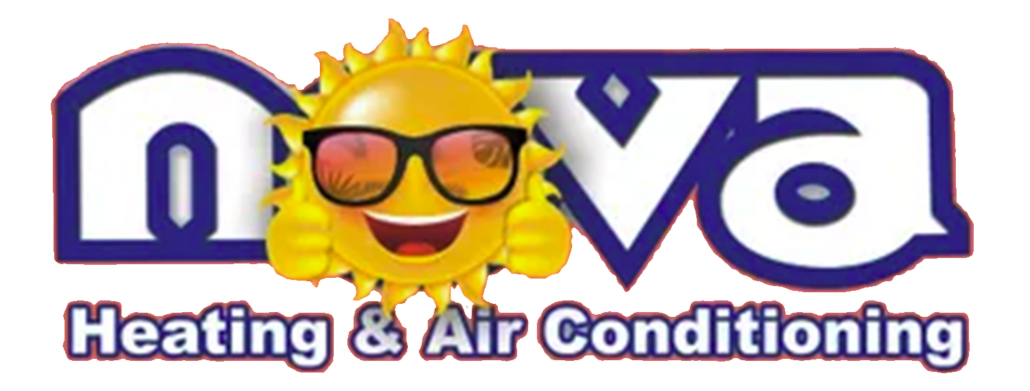The required change-out frequency varies with filter type, unit location, and other environmental factors. For residential applications, standard disposable polyester or pleated air filters should at least be checked every 3 months. Often after that length of time, a filter will require a change, however environmental factors such as pet hair, heavy foot traffic in your home, and tobacco smoke can decrease the life of your filter; requiring a more frequent change.
For higher efficiency filters or other types of media air cleaner, the life can range from 6 months to over 1 year. Commercial applications have an even broader spectrum of change-out frequencies. Air filters in restaurants are commonly changed every 4 to 8 weeks depending on the customer traffic and filter type. Retail chains, strip malls, and other small businesses vary, but usually are in need of a change every 12 weeks.
Industrial facilities, depending on the nature of their business, often require a filter change-out every week. Plants with heavy smoke, soot, and other airborne contaminants require a massive filtration system, and with all the pollutants in the air, the filters can quickly become saturated. For a free frequency recommendation, please contact NOVA Heating and Air Conditioning.



